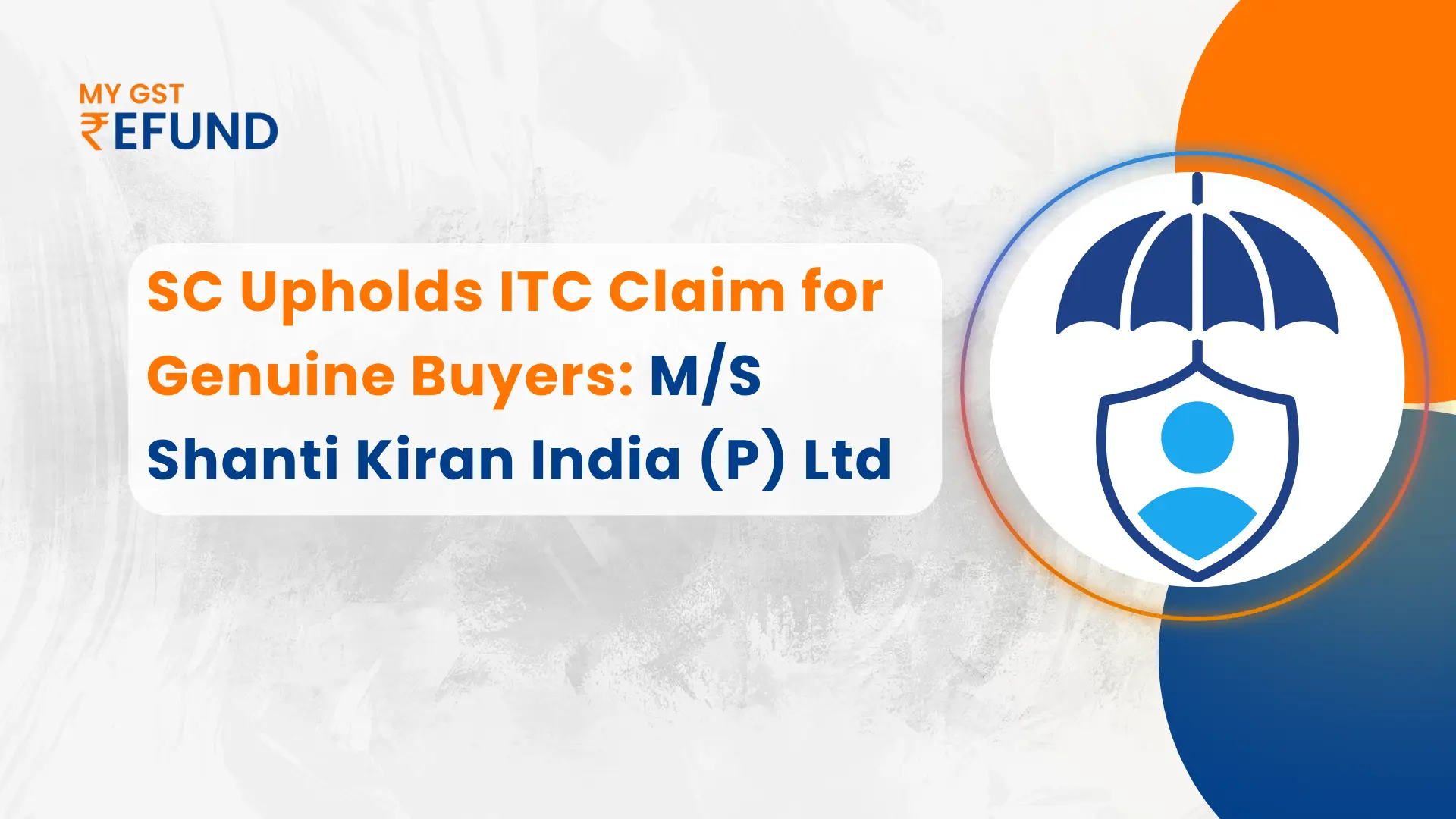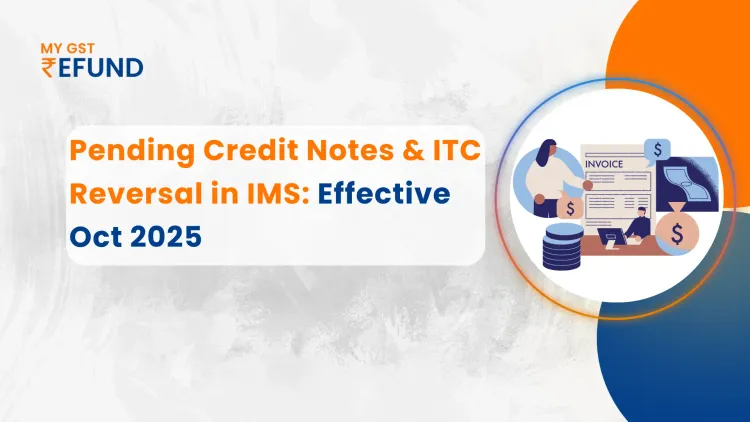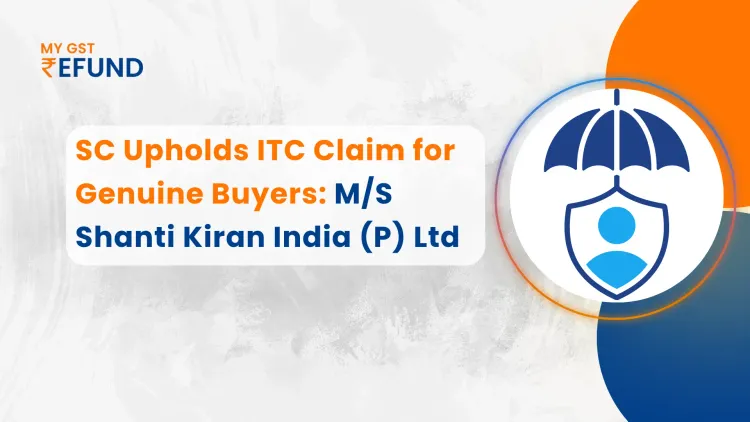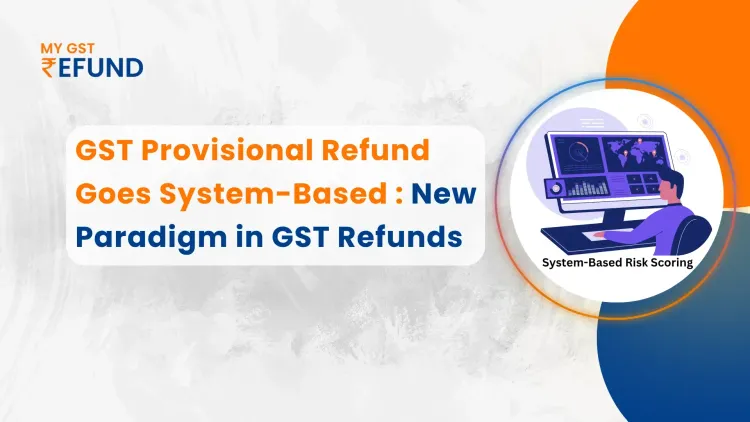Supreme Court Clarifies ITC Eligibility for Genuine Taxpayers
Published on: Thu Oct 23 2025
Bio (Reveal/Hide)

Supreme Court Affirms ITC Entitlement of Genuine Buyers
Judgment: On October 9, 2025, a Supreme Court bench comprising Justice Manoj Misra and Justice Nongmeikapam Kotiswar Singh dismissed the appeals filed by the Commissioner of Trade and Tax, Delhi.
In a landmark ruling, the Supreme Court of India has reaffirmed an important principle - bona fide purchasers must not be penalized for defaults committed by their sellers.
- The judgment in the case of M/S Shanti Kiran India (P) Ltd. vs. The Commissioner, Trade and Tax, Delhi brings much-needed clarity regarding entitlement to Input Tax Credit (ITC) when the selling dealer does not deposit the tax that is collected.
- While the case relates to the VAT regime, its rationale has huge applicability under the GST regime, where such disputes still occur.
Case and Court: The case, The Commissioner of Trade and Tax, Delhi vs. M/S Shanti Kiran India (P) Ltd.
(Civil Appeal No(s). 2042-2047/2015), was actually ruled upon by the Supreme Court of India. (Note: The name of the case is slightly altered at the SC level since the tax department was the appellant, appealing the High Court ruling).
Case Summary
Case Name: M/S Shanti Kiran India (P) Ltd. Vs. The Commissioner, Trade and Tax, Delhi
Court: Supreme Court of India
Major Issue: Whether a valid buyer can avail ITC if the seller does not deposit tax with the department.
The controversy revolved around whether the purchasing dealer could avail ITC while the seller, who issued valid tax invoices, did not deposit the tax in the government treasury.
Major Facts of the Case
- The buyer, M/S Shanti Kiran India (P) Ltd., bought goods from a registered dealer under the Delhi VAT regime.
- The seller made valid tax invoices and was properly registered.
- But at a later date, the seller did not remit the tax collected from the buyer to the department.
- Consequently, the Revenue disallowed ITC to Shanti Kiran India, making the buyer liable for the default of the seller.
Decision of the Delhi High Court
- The Delhi High Court also favored the taxpayer. According to it, once the buyer has complied with all statutory requirements - such as purchasing from a registered dealer, possessing valid bills, and paying the tax amount - the buyer cannot be penalized for the seller's subsequent default in depositing the tax.
- The court noted that the VAT statute had not placed any duty on the buying dealer to verify if the selling dealer had paid the tax. The disallowance of ITC, therefore, was not justified.
The ruling of the Supreme Court
The Delhi High Court's decision was upheld when the Supreme Court denied the Revenue's appeal.
The Court held that:
- There was no controversy regarding the genuineness of transactions or about the seller's registration.
- The invoices were genuine and verifiable.
- Hence, the buyer's entitlement to avail ITC cannot be negated just because the seller delayed.
- This judgment is consistent with earlier High Court rulings and supports the perception that actual taxpayers should not be penalized for mistakes made by others.
Important Takeaways from the Judgment
Protection to Genuine Buyers: If the genuineness of a transaction can be established by a buyer, ITC cannot be disallowed merely because the supplier did not deposit tax.
Equity in Tax Administration: The ruling enforces the concept of natural justice, where taxpayers are not made accountable for something that is beyond their control.
Promotion of Compliance: Although buyers have to conduct due diligence, tax authorities should also be proactive against defaulting sellers rather than punishing compliant companies.
Relevance Under the GST Regime
- Although the case pertains to the VAT period, the principles underlying are directly relevant to the GST structure, specifically with reference to Section 16(2)(c) of the CGST Act and Rule 36(4) of the CGST Rules.
- In GST, taxpayers are frequently disallowed ITC if the supplier does not upload invoices or remit tax. This ruling enunciates the necessity for a balanced strategy to prevent that:
- Legitimate buyers are not held back by suppliers' misbehavior.
- The responsibility of compliance is equally distributed among buyers and sellers.
- The case would also impact future judicial thinking under GST, particularly in continuing litigations where buyers are disallowed ITC even for bona fide transactions.
Conclusion
The Supreme Court ruling in the Shanti Kiran India case is a milestone for taxpayers. It affirms the principle that a tax credit is a vested right when all conditions of purchase are fulfilled in good faith. For the business community, this ruling instills confidence in India's credit mechanism and reminds one that compliant behavior in good faith must be encouraged and not penalised.
In the GST context, it supports the case for a reform of ITC denial provisions in order to protect genuine taxpayers and encourage a fairer tax environment.
Read the full case story - Link
Related Posts





